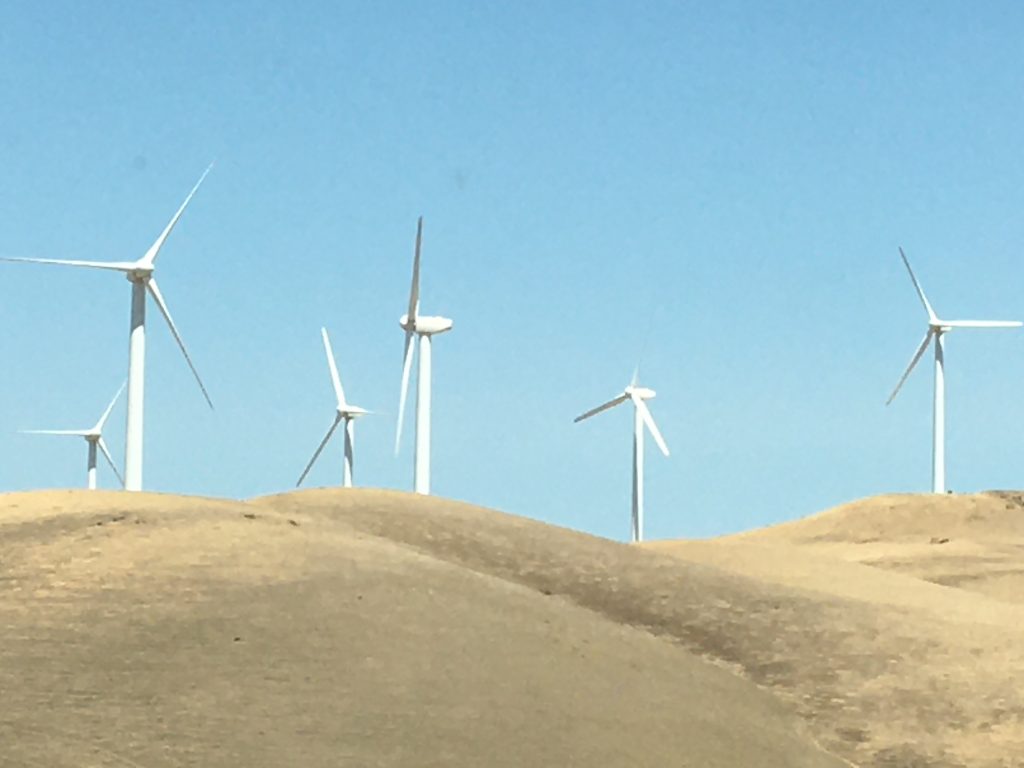
Highly distributed renewable energy sources like wind, solar, geothermal, and even hydrogen cells are replacing the era of enormously centralized energy sources. Coal, gas, and nuclear energy generation from centralized sources are all controlled by single, sizable organizations that distribute electricity. Yet, in order to handle thousands of separate energy-producing units and to more quickly coordinate their output, maintenance, and reporting than conventional power generation systems, distributed energy resources (DERs) need to be managed in new ways. Overall, this means an increase in operational efficiency on the part of energy companies.
Rugged mobile tablets with the right features and certifications allow energy workers to take advantage of the benefits that devices bring in areas of:
Data Analytics
The energy sector is large and includes a variety of distinct components, processes, and sectors. Because the sources are dispersed, difficult to combine, and continually changing, it makes data collecting, KPI selection, and data analysis more difficult. For power providers, energy data analytics is a crucial operational tool for managing load and ensuring low-cost, high-availability power.
Streamlining data using a reliable rugged tablet enables them to keep bookmarks of the demand and supply trends, and make sure that any change in demand can be anticipated and in balance with supply.
Grid Asset Management and Maintenance
Effectively managing smart grid assets and the data they create requires the ability to capture, store and visualize data pertaining to asset status, performance, and real-time risk. Thus, smart grid data becomes a new asset class in its own right and in need of management. Using rugged tablets in the collection and storage of asset data allows utilities to define, collect, store, and analyze physical, operational, and maintenance data in real time and across enterprise systems. This includes the ability to enable plug-and-play architectures and access real-time field data to make effective decisions and provide regulatory justification for expenditures to prove smart grid business cases.
Management of Distribution of Energy Resources
At the distribution level as well as at the management level of the entire power system, the impact of distributed energy resources on the functioning of power and energy systems is unquestionable.
To manage the grid, managers should view reports on the move, leading to better-informed decisions. Facility workers who are constantly on the go should have immediate access to equipment and information at their fingertips.
Rugged tablets provide management and field workers with constant connectivity giving ways to potentially have more in-depth data collection, through the integrated camera, video, and voice recording, as well as data input through electronic pens or touchscreen.
DT Research’s rugged tablets are designed with advanced connectivity and can be customized to run software that allows workers in the field to identify items needed for grid maintenance and management while staying in touch with other members of the response team.

